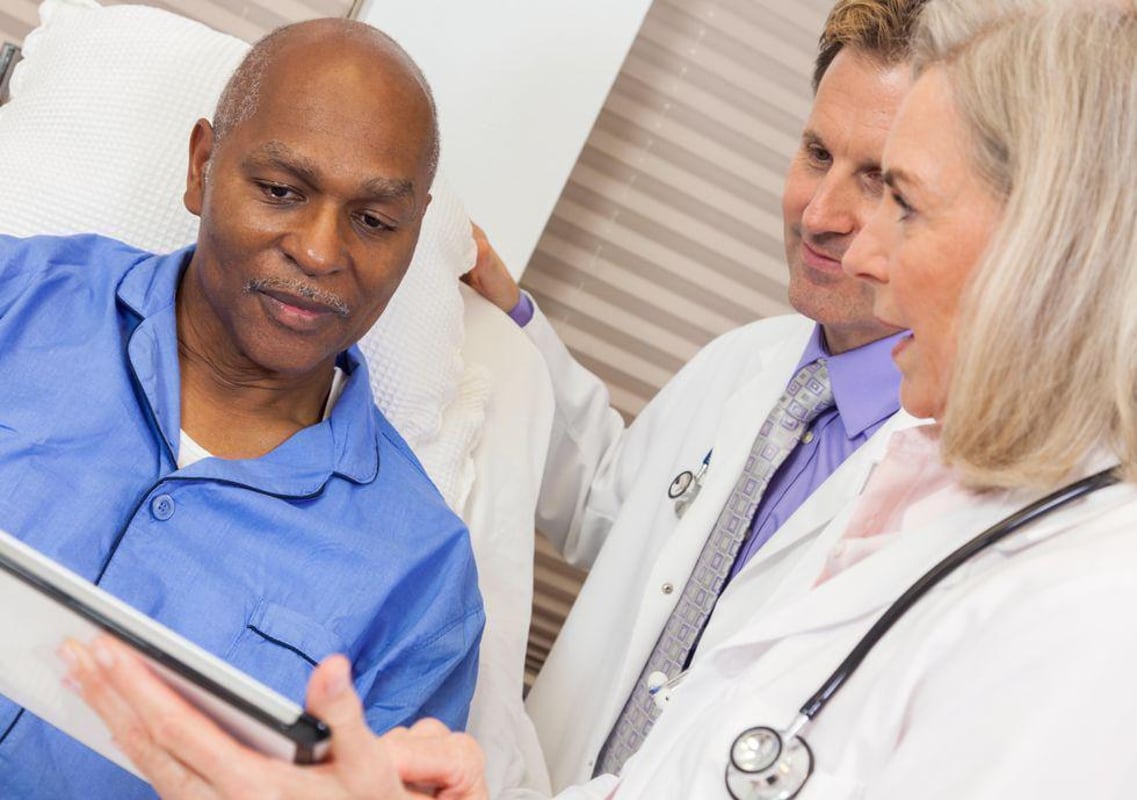Postop Anxiety During Care Transitions Reduced With Peer Mentoring

FRIDAY, Jan. 28, 2022 (HealthDay News) -- Mentoring programs can help improve patients' transition from hospital to home by reducing their postoperative anxiety following a transplant, according to a study published online Jan. 17 in the Journal of Operations Management.
Yeojun Chun, from The Ohio State University in Columbus, and colleagues evaluated a standardized peer-mentoring program where former patients mentor current patients for 30 days postdischarge. They enrolled 80 transplant patients randomly assigned to either mentoring or usual care.
The researchers found that patients in the treatment arm experienced a 3.42-point greater decrease in the anxiety score over 30 days. Unexpectedly, patients in the treatment arm had a 12.6 times greater risk for readmission during the first 30 days. The investigators suggested this finding was due to patients reporting complications sooner and getting treated earlier.
"Patients and former patients can and should be co-creators of value in the transition of care process," a coauthor said in a statement. "They’re vital resources for managing care especially because nurses, physicians, and social workers are already overworked. Hospitals can benefit from a structured approach to pairing patients with a mentor to help navigate the first few months of postsurgical anxiety."
Abstract/Full Text (subscription or payment may be required)
Related Posts
Unos mejores almuerzos escolares frenan el aumento de peso de los niños de EE. UU.
LUNES, 9 de mayo de 2022 (HealthDay News) -- Los niños de EE. UU. tienen un...
Incidence of Lung Cancer Higher in Women Versus Men Aged 35 to 54 Years
THURSDAY, Oct. 12, 2023 (HealthDay News) -- The incidence of lung cancer is...
Weed May Mess With Your Medicines, Causing Harm
THURSDAY, Dec. 16, 2021 (HealthDay News) -- Many people turn to marijuana or...
Feds Urge Vaccination as ‘Tripledemic’ Hits More Americans
MONDAY, Dec. 5, 2022 (HealthDay News) -- Flu, RSV and COVID-19 are creating a...
